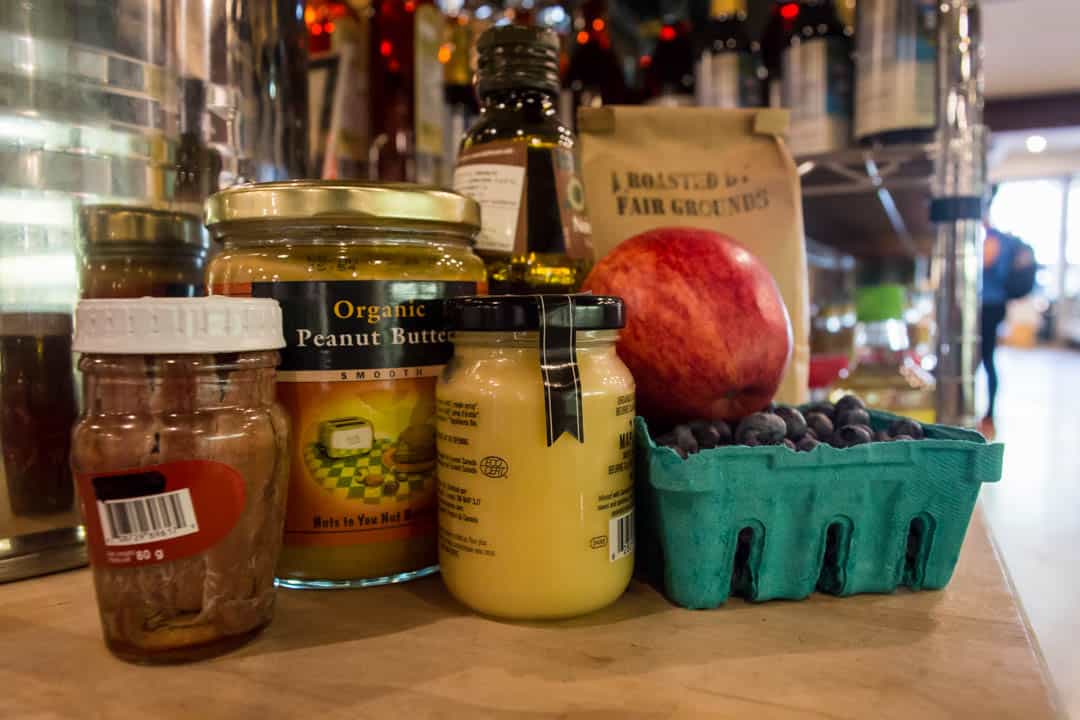While U of T offers its students many diverse food options, there remains a lack of kosher food on campus.
Hillel UofT’s Kosher Forward campaign was motivated in response to this lack of access to kosher options, and features a petition that called for U of T to increase the availability of Kosher food options on campus.
Disappointingly, opposition to the petition was rife with anti-Semitic and discriminatory statements by students on social media.
Furthermore, as reported by The Varsity, after being sent to the University of Toronto Graduate Students’ Union (UTGSU) the petition faced hesitation from an executive, “as a result of Hillel being ‘pro-Israel.’” The UTGSU has since apologized and the external commissioner resigned last week.
It is deplorable that a petition requesting better food accessibility for U of T’s Jewish population should be so controversial. Arguments against supporting Hillel’s petition conflate access to food with larger geo-political notions, which is an association that is steeped in anti-Semitism, and is irrelevant to the topic of campus food accessibility.
Regardless of Hillel’s affiliations with pro-Israeli groups, the call for equitable food access is a measure that will benefit the entire U of T community as a whole because it will increase the diversity of options for consumers and will therefore broaden accessibility on campus.
Food accessibility is relevant to all. Supporters of this movement come from all walks of life, and are not limited to the Jewish community. While pushback has been steeped in religious and ethnic discrimination, Hillel’s petition is focused on increasing accessibility and equity.
Accessibility of food options is inextricably linked to student wellness. Not only does it signal a minority groups’ belonging to a larger community, but furthermore, providing students with access to sustenance on campus is a basic necessity.
Despite the pushback, this campaign should be supported by anyone who cares about increasing accessibility and equity.
Historically, U of T’s treatment of Jewish students has been poor. This is exemplified by the quota system that was in place in the ’40s and ’50s, which set a limit on the amount of Jewish students that were allowed into the pre-medicine program. This practice was not abolished until the ’60s. The process of dismantling systems of discrimination that are present in our university must now continue with further efforts to remove barriers to equal opportunities, including that which limit food accessibility.
This petition is long overdue.
According to Hillel, U of T offers students vegan, vegetarian, Halal, and even gluten-free options, yet access to kosher food is limited. The U of T administration should be ensuring that members of all communities have equitable access to food options on campus.
In 2016, U of T took over food operations from the previous contractor, Aramark, taking on more responsibility for on-campus food services. At that time, the Director of Ancillary Services, Anne Macdonald said, “This move will allow us to take a more active role in creating comfortable and welcoming dining areas.”
In adopting this responsibility, the university must commit itself to ensuring that every member of our community can access food.
U of T’s Jewish students are still left without adequate kosher food options. This is simply unacceptable.
Support this campaign and tell U of T that equitable access means access for all.
Oscar Starschild is a second-year Mathematics, Philosophy, and Computer Science student at Woodsworth College.


